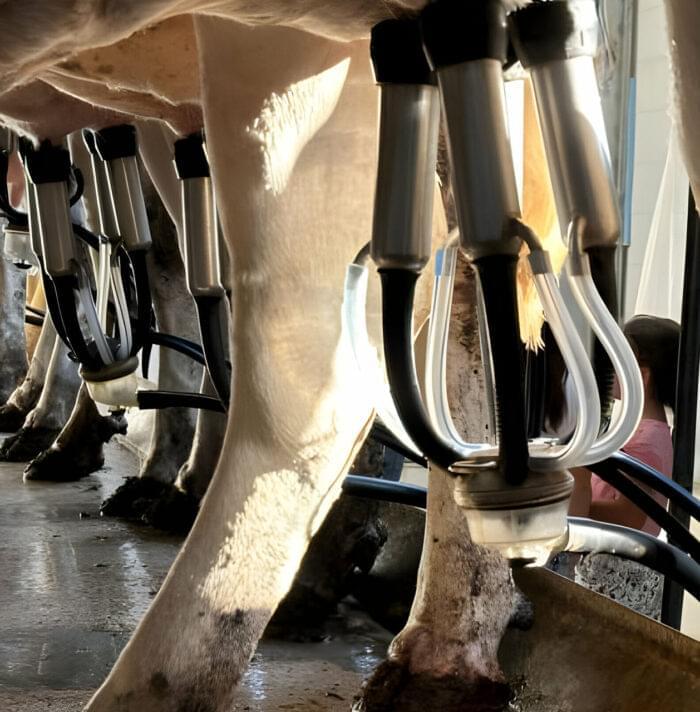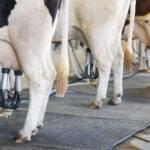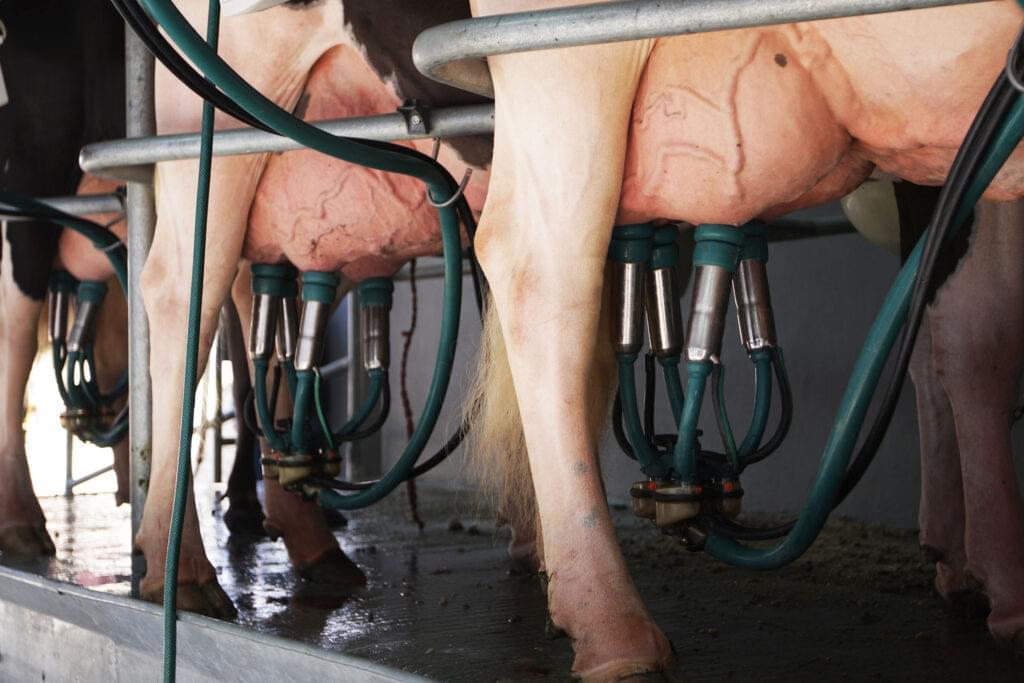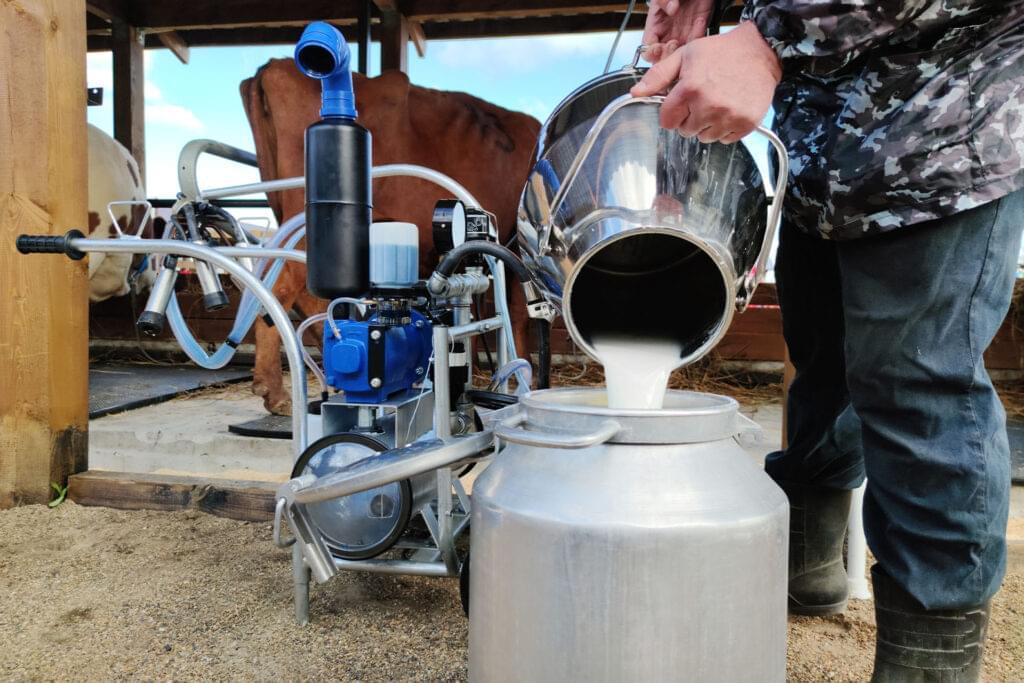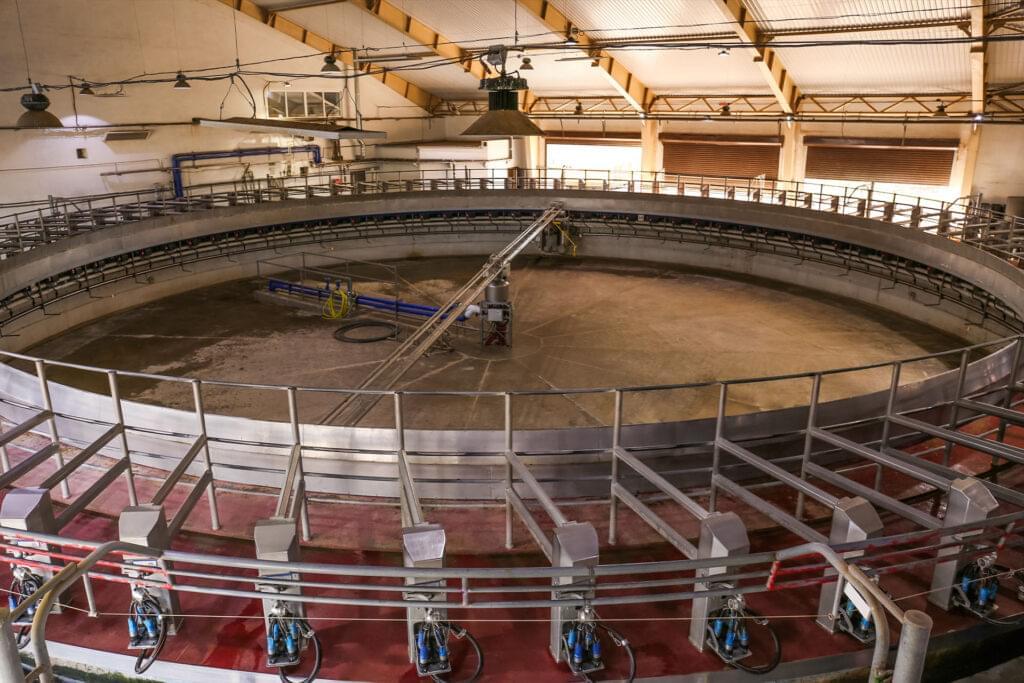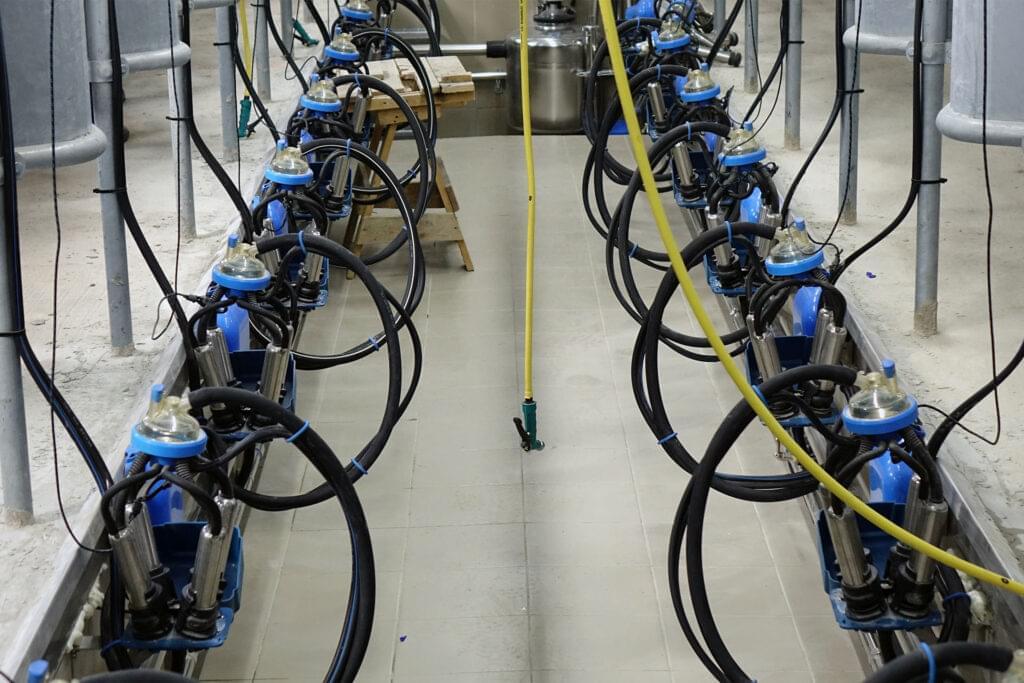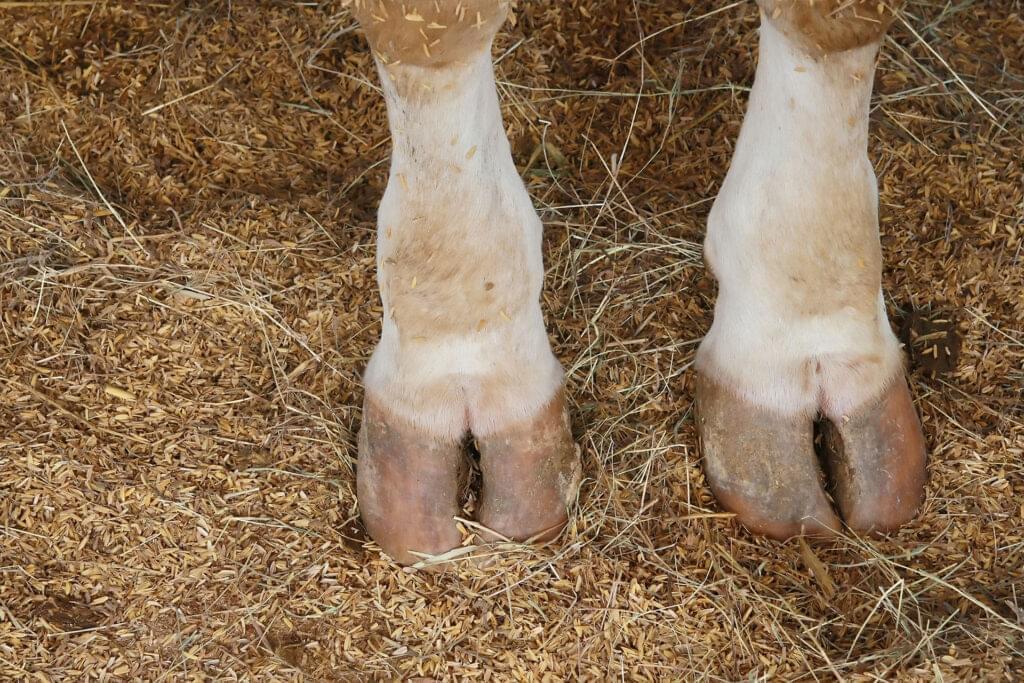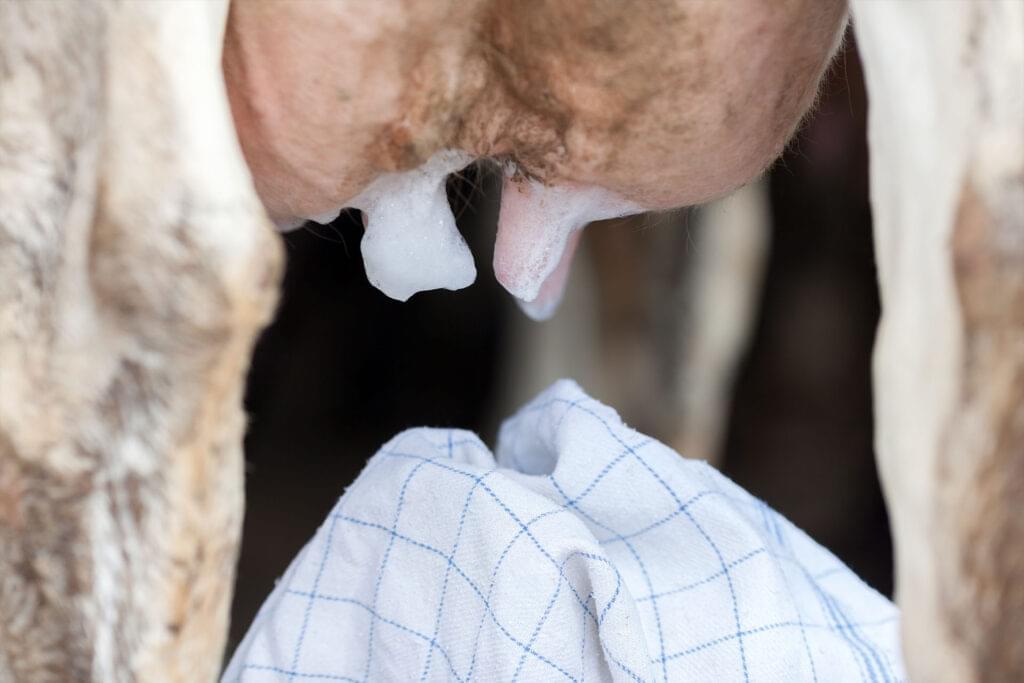Milk quality and animal health are highly dependent on the effective implementation of pre-milking cleaning practices. In this article, we will examine how pre-milking cleaning measures form the foundation in dairy farms and provide comfort to animals.
The Importance of Hygiene
Pre-milking cleaning is a critical step in enhancing milk quality and reducing the risk of infections. A clean milking environment prevents the spread of bacteria and microorganisms, thus helping to maintain milk quality. Additionally, it helps preserve the health of animals, which in turn boosts production efficiency.
The Role of Cleaning Protocols
An effective pre-milking cleaning protocol on dairy farms provides a range of benefits for both farm owners and animals. Automatic cleaning systems keep milking equipment hygienic, thereby maintaining milk hygiene. These systems reduce the workload of farm employees and ensure more effective farm management.
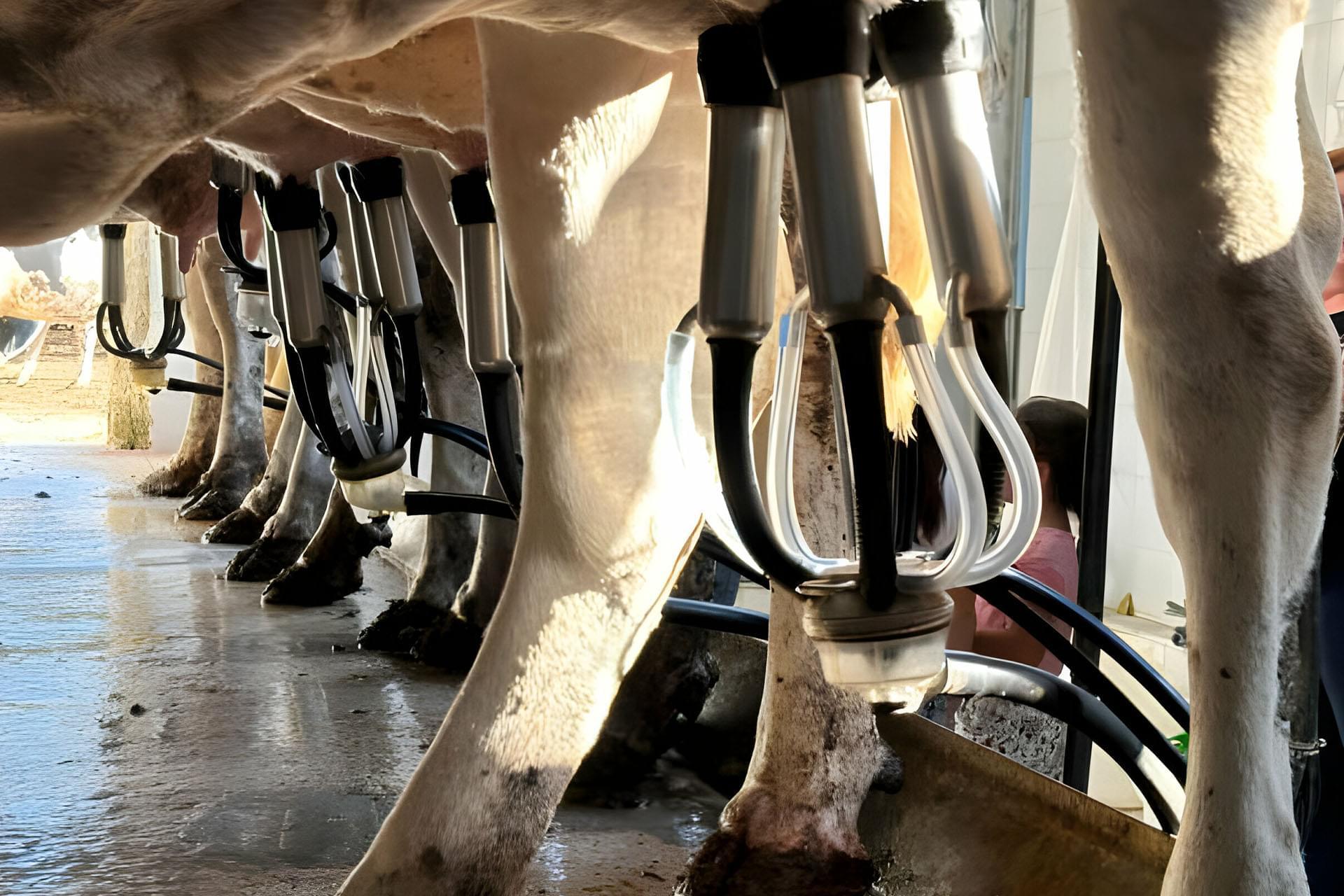
Increasing Animal Comfort
Pre-milking cleaning also contributes to increasing animal comfort. A clean environment helps animals remain calmer and less stressed during milking, positively affecting both milk quality and the overall welfare of the animals.
Sustainable Agriculture and Pre-Milking Cleaning
Pre-milking cleaning practices should also be designed to align with sustainable agriculture goals. Eco-friendly cleaning products and systems help reduce the environmental impact of farms while maintaining milk quality.
In conclusion, pre-milking cleaning is a fundamental element in dairy farms to enhance milk quality, protect animal health, and implement sustainable farming practices. Ensuring compliance with hygiene standards not only provides farmers with more effective production management but also contributes to animals living in a healthy and comfortable environment.
